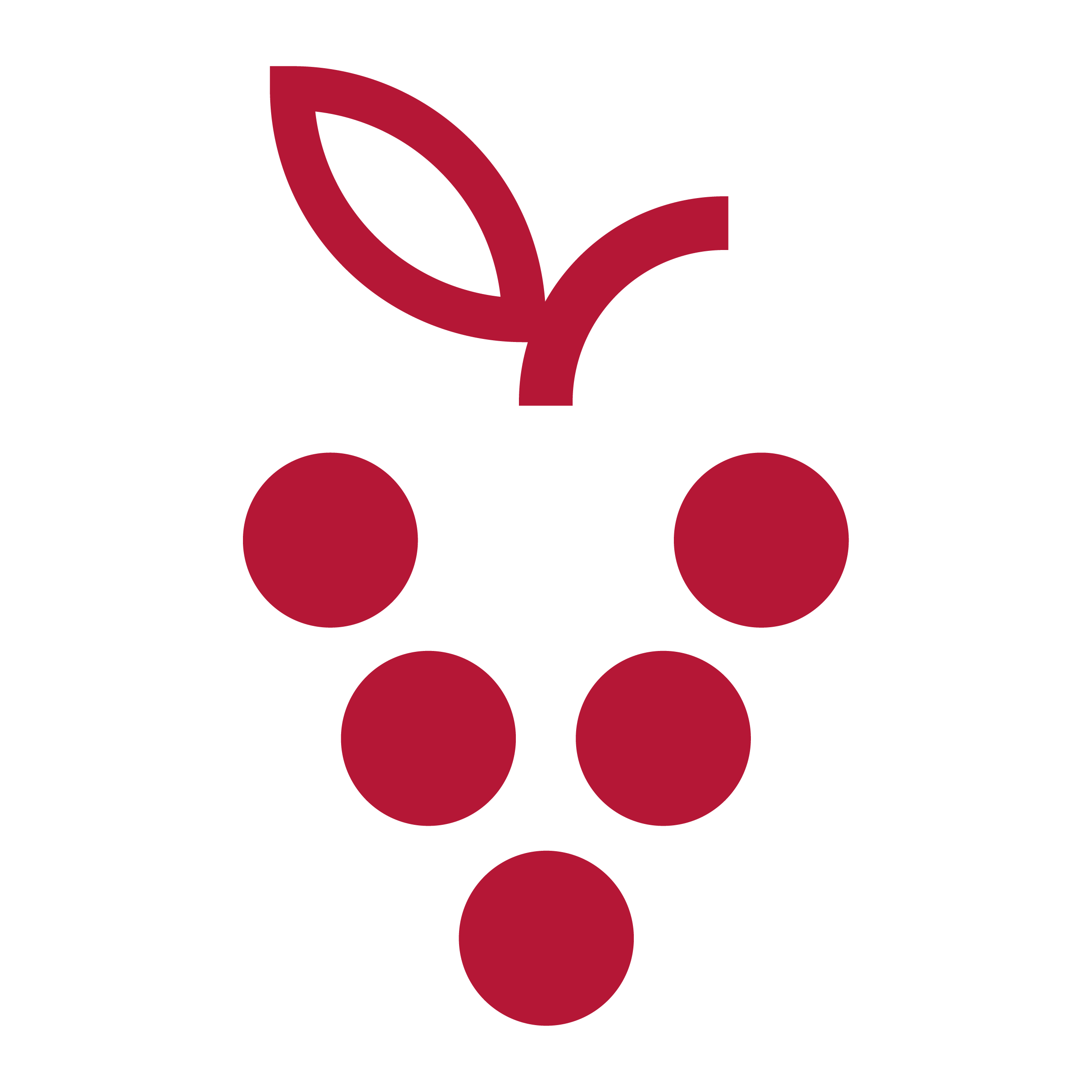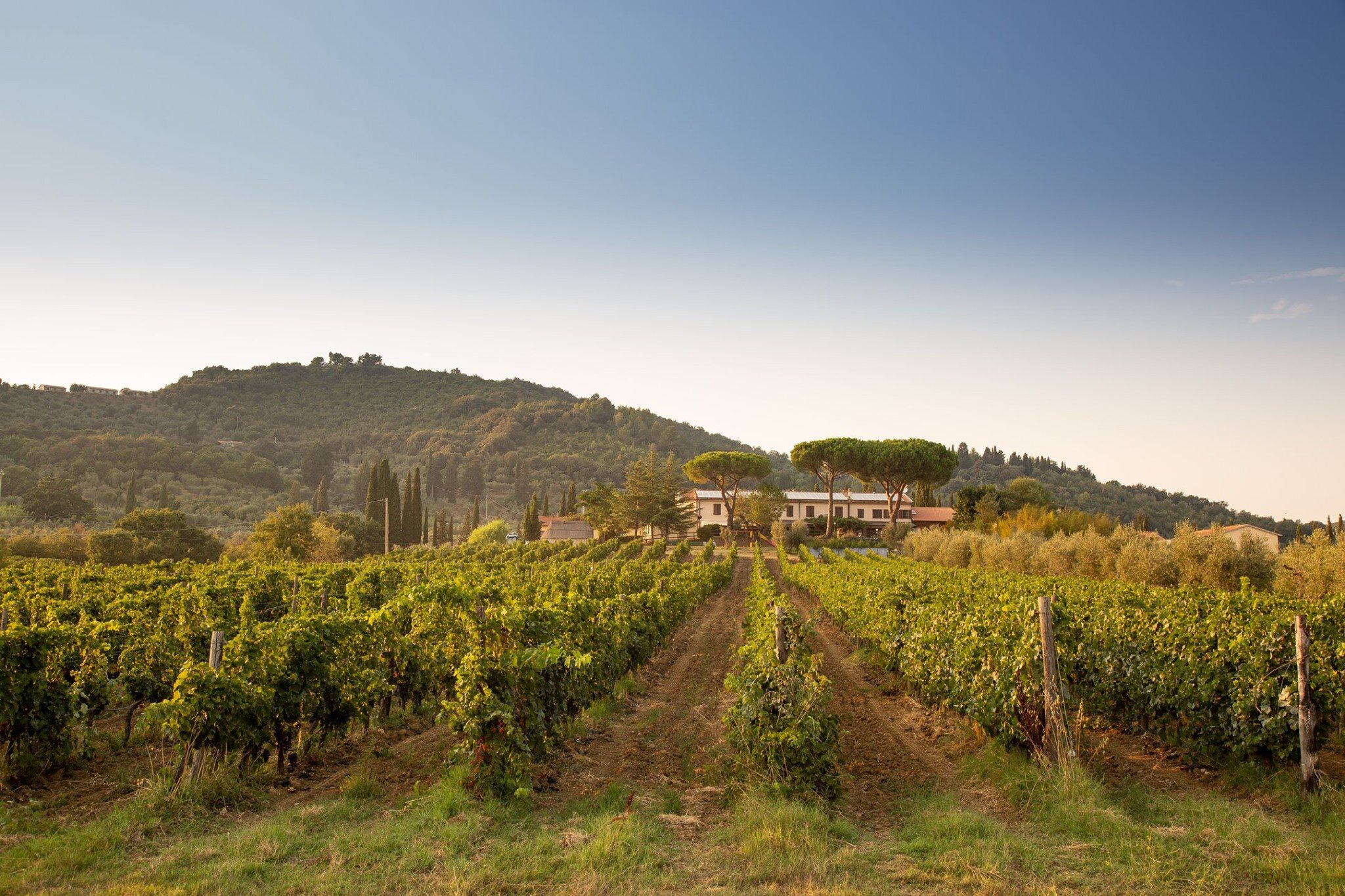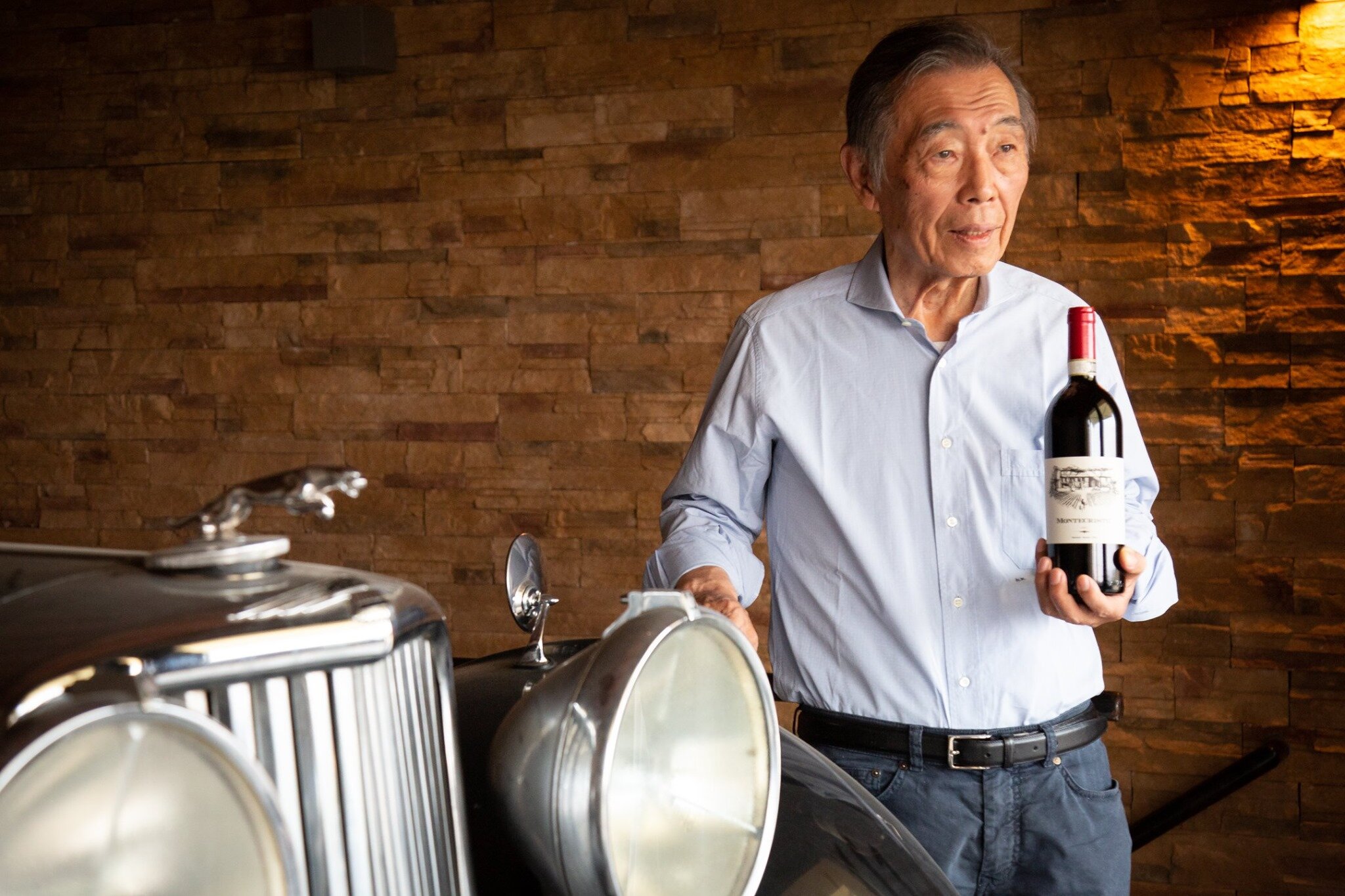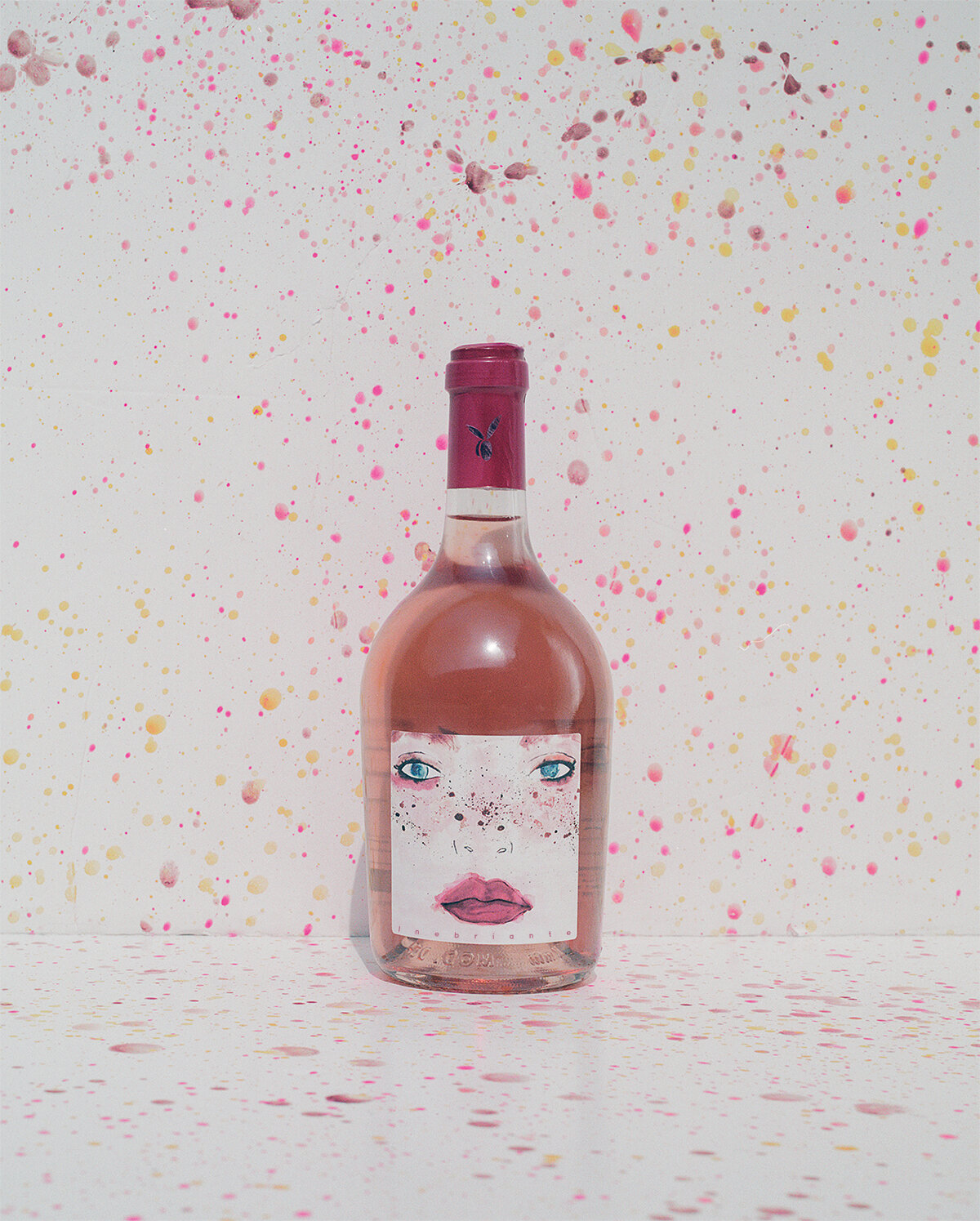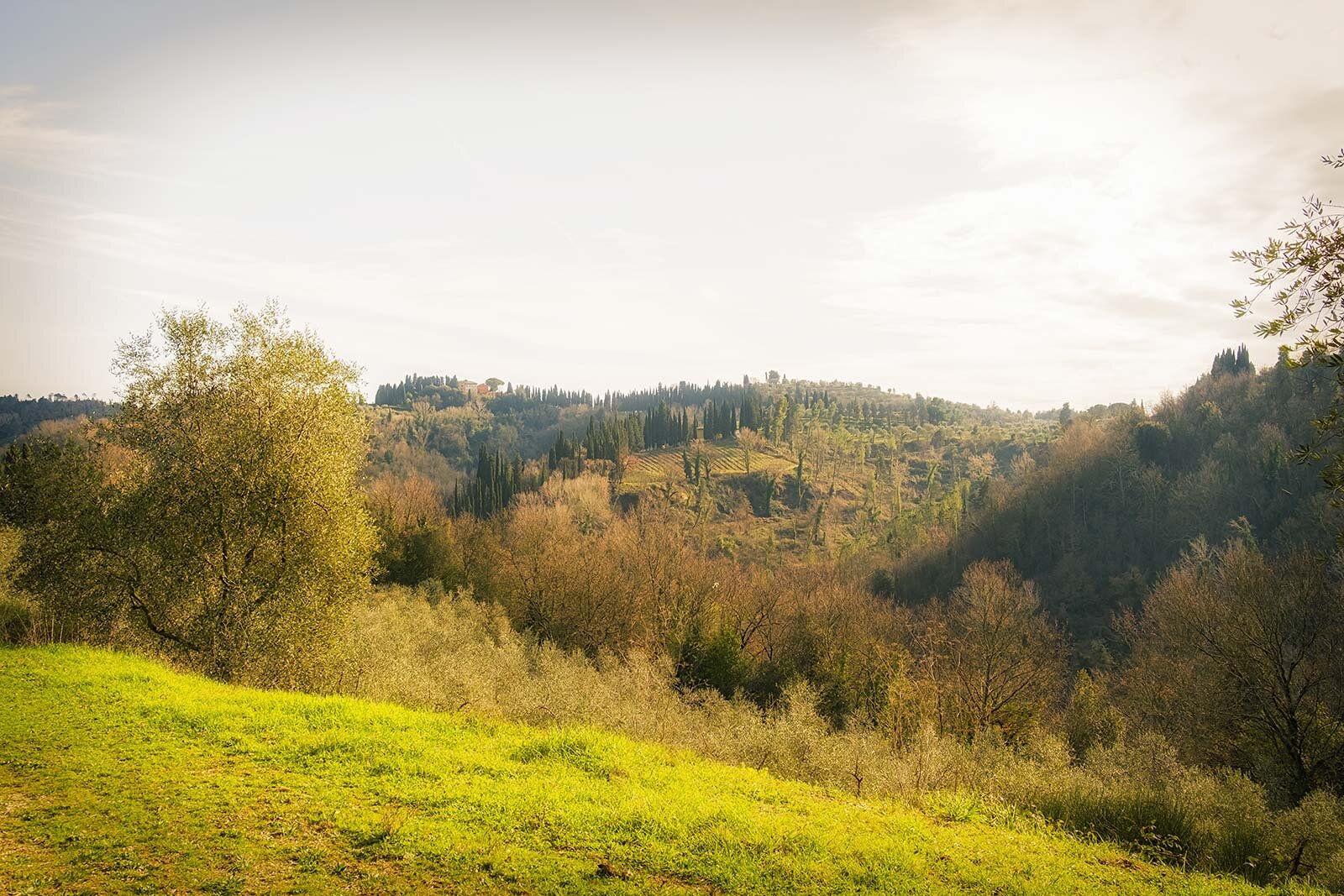Vignerons 4.0: what does it mean to be a winemaker during COVID-19?
A few weeks ago we made a round of calls to our dearest winemakers asking how they have been dealing with COVID-19. It started from our personal interest to check out on them and their health, but we quickly ended up talking about work, as expected. You know, it always happens when you love what you do for a living.
Thank God, our first “how are you?” question got a 100% positive response. Living and working in the countryside, even if in different locations throughout Italy, turned out to be a common positive factor. All our winemakers reassured us by stating that contaminations in their areas had been very low. Rachele from Azienda Agricola Bulichella even told us that their municipality, Suvereto, was one of the few recording zero cases in the whole nation.
Unfortunately, our work chats told us some not equally rosy stories. All the producers said to be adopting the required safety measures in order to continue working, but doors of all cellars have been closed to external visitors. One small lock bringing one big change to wineries and their organisation, causing the need for many to try smart working for the first time. But nature runs its course, no matter what, and work in the vines is constantly needed. For production yields, but also for producers’ souls.
In fact, while natural processes go on, commercial activities are gradually stopping, bringing a new and heavy burden on producers’ shoulders. No visits means no direct sales and closed restaurants and hotels means no HoReCa sales. Export is under a slowdown as well, but thankfully it has not entirely stopped, therefore saving the day for many wineries.
So, how did the virus change their routines? What does it mean to be a winemaker under COVID-19? Most of them revealed to be taking advantage of this slower time, planning a structure reinforcement or developing new marketing strategies and sales channels.
In these terms, our newest partner Organic Farm Inserrata proved to have a head start. Past logistics and renovation reasons kept them from investing in visits and direct sales at the winery. So, while waiting for a new and appropriate cellar to be built, they had already started investing in alternative sales channels, betting on digital marketing and online sales. Well, these days have definitely been the proof that they’ve won their bet.
A few years ago, Inserrata chose to distinguish itself offering creative taste and being biologically pure. They launched new collaborations with artists from all over Europe, merging the wine world with the one of photography, art and design. This avant-garde, creative communication, together with e-commerce partnerships in Italy and in the rest of the world, pushed them ahead of the game.
Having already settled in alternative channels before the lockdown, was like having already picked up the sword before battle. And Inserrata chose to fight with honor, using this advantage for a good cause. They are indeed devolving to charity all the revenue from the sales of their 100% Sangiovese rosé, Inebriante.
But also all the other interviewees having e-commerce platforms are seeing how the hidden potential of online channels is increasingly showing off. Wineries are able to keep up with their sales, staying digitally and safely close to customers. Even if many stated that online sales will never compensate the lack of direct ones, everyone is still considering them as the current most profitable alternative.
So, that’s one point for wine e-commerce! But what about all the other shades of digital marketing? Social media turned out to be the average favorite if you want to keep alive relationships with customers. Winemakers see them as a way to shout out we are still here, show daily life images, tell about new plans and strategies, but also send hope messages, bringing some optimism to people’s homes.
However, many producers also revealed to consider online marketing as a double-edged sword, without the right support by an agency or by a freelancer. If done wrong, it can be self-destructive in terms of brand identity. On the other side, they have all agreed that an efficient digital marketing activity can allow wineries not only to increase their Return On Investment but also to reinforce their images, which can be even more profitable on the long run.
Finally, many agreed with Inserrata, seeing the online channel as a mean for doing charity and acting socially responsible. Not only to make a difference during this hard time, but also to generate a domino effect based on sharing and sustaining each-other in support of the whole Italian wine industry.
Feeling this force of will, this goal sharing, this team mentality coming from our producers, always made our conversations end with a spontaneous question to ourselves: what can we do? Well, this slower time helped us, too and we have come up with a couple ideas we can not wait to share with you. So, stay tuned…and get ready to enjoy a digital ride.
